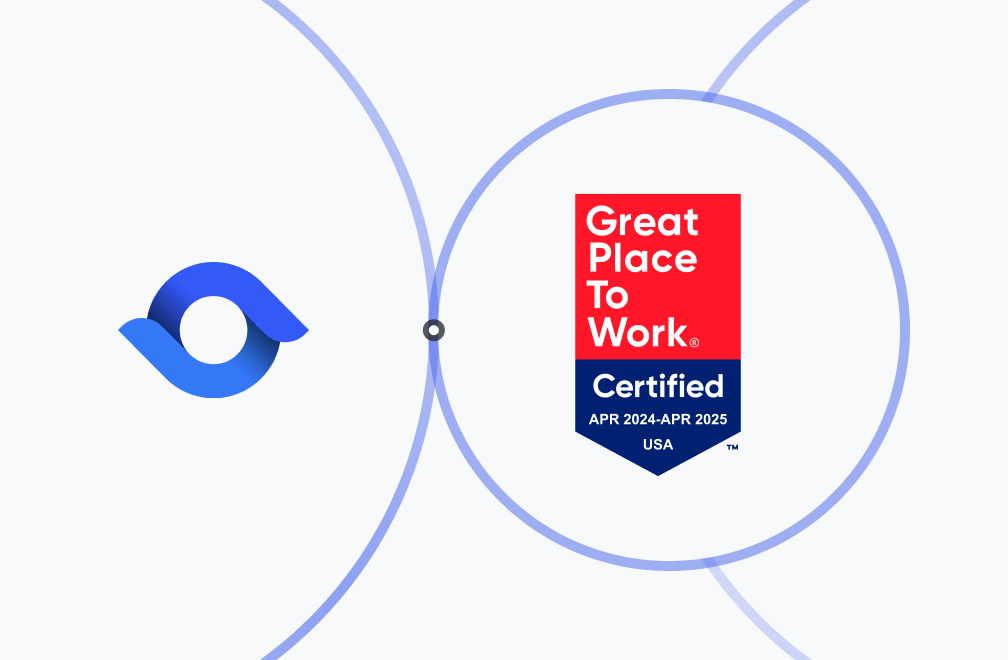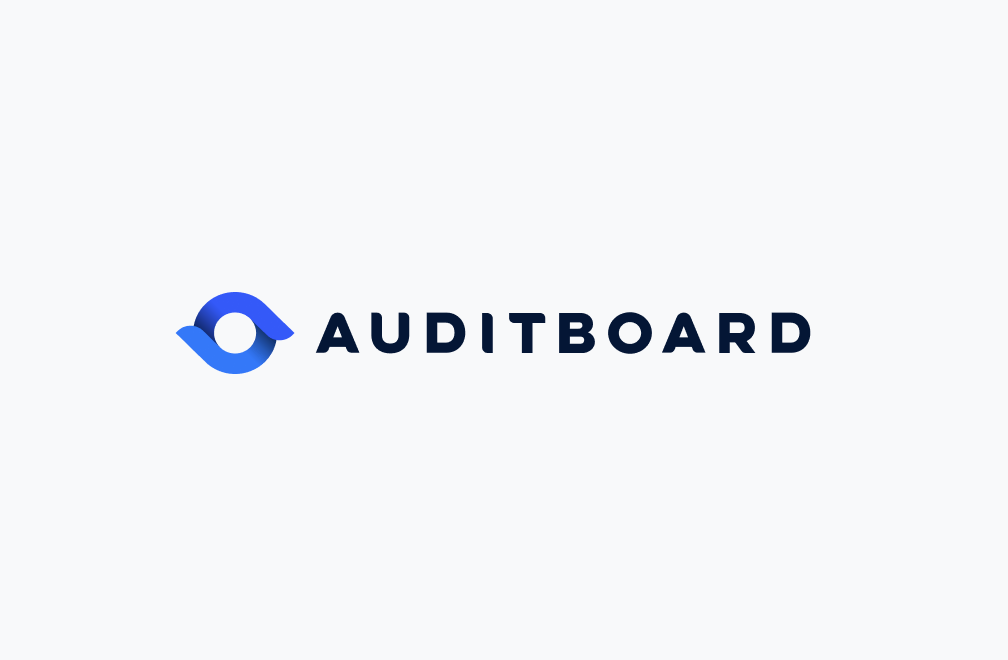SWAP’s David Hill Builds Truly Collaborative Partnerships With Audit Stakeholders

Join Richard Chambers for a new episode of his Agents of Change video series, featuring conversations with internal audit leaders from some of the world’s most prominent organizations about innovation in the profession.
In this episode, Richard sits down with David Hill, CEO of SWAP Internal Audit Services, to discuss how SWAP lives up to its motto of “Helping Organisations to Succeed” by rethinking how audit teams undertake their work in order to deliver better service to stakeholders, including:
- Finding the metrics that actually drive and demonstrate internal audit’s value.
- Transforming audit service by building truly collaborative partnerships with stakeholders
- Leveraging technology as a capacity multiplier to support audit’s ability to drive meaningful change.
- Addressing recruitment and retention red flag areas to prioritize analytics skill sets.
Watch the full conversation, and read the can’t-miss highlights below.
Developing the Agility to Respond in Time to Rapidly Emerging Risks
Richard Chambers: I don’t recall any period in my career where we’ve ever faced as many new and emerging risks seemingly shooting in from the periphery without warning. As internal auditors, we’re schooled from the outset of our careers about the importance of being risk focused. It has to be incredibly challenging for an internal auditor in 2022 to be able to maintain a risk-based focus when you don’t know what tomorrow’s risks are going to be.
David Hill: You don’t, and that’s why you have to be very agile in your approach. You have to be willing to transform organizations, and not just stand there and deliver an agreed-upon plan in advance. You’ve got to have that agility to move and respond. The risks are changing so quickly as you quite rightly said, we at SWAP really promote quarterly and agile planning. We’ve put aside 12-month plans or three-year plans — that’s part of our agility moving forward so we can respond in time to the risks as they appear.
Richard Chambers: Change is a word that we’ve already bantered back and forth here four or five times, and we’re only a couple of minutes into this discussion. I don’t like to be cliche, but I think change is the new normal. If we have any hope that we’re just going to return back to a period of predictable stability I think we’re fooling ourselves. To be able to operate in this environment, we have to be comfortable with change. Wouldn’t you agree?
David Hill: We do — and that’s not easy for lots of people. It’s not been easy for the organizations we serve. We’ve had to work really hard to change the perspective of what good internal audit service looks like. The idea of an agent of change I think has really allowed us to be able to introduce new methodologies like one-page reporting, no longer producing 38-page reports that take an age to clear and are bottlenecked by narrative rather than the issues. We’ve made a lot of changes in that area — and will continue.
Metrics That Drive and Demonstrate IA’s Value
Richard Chambers: As you recall in my book, “Agents of Change,” I define a change agent in internal audit as a catalyst for great ideas that will help not only protect value for the organization, but also create value. Does that resonate with you as far as the role of an internal audit function in this day and age?
David Hill: It absolutely does. I think one of the things that are challenging, particularly serving the public sector, is some of the measures that internal audit is squared up against — quantitative measures rather than qualitative. We’ve got to get the measures that actually drive and demonstrate the value we are adding rather than the fact we’ve delivered so many audits as against our agreed 12-month plan. That’s hard work, particularly when audit committee members are used to having a traditional internal audit service. To change to one-page reporting and dashboard reporting, which we’re moving into — it’s a big change. It takes some acceptance. It takes some hard work. It just doesn’t happen overnight.
Collaboration and Updating Audit’s Offerings Are Key to Driving Change
Richard Chambers: You mentioned boards but also management in the organizations and entities that you work with — how receptive are they to internal auditors promoting change? They’ve been accustomed to us coming in and saying, this is what we found, this wasn’t done correctly, here’s how you need to change it. The kind of change that we’re talking about is more transformational. How comfortable are they with internal auditors doing that?
David Hill: I would say it’s happening. I think remote working and particularly a more agile approach have helped. We’re working much more in collaboration with each of our customers. We’ve actually found that change is not as hard as I thought it was going to be, but it’s just putting something different out there. In fairness to audit committees and management teams, they’ve only ever had what they’ve been offered. You have to change the offering. That’s what we’ve done, and in most cases it’s been embraced.
Richard Chambers: There’s no place in the world today for change resistance because it’s going to overwhelm you — so you better embrace it. We’ve got to be more comfortable in changing ourselves if we’re going to be seen as real change agents in the organizations we serve. From your standpoint, how have you driven change in SWAP that is demonstrable to the clients?
David Hill: I think the change has come about because we are working with much more collaboration. When we kick off an audit that’s in the plan or maybe just agree that we need to respond to risks, it’s very much a collaborative approach. We’re talking up front about what data we’ve got, what insights we’ve got that can help. It’s not them and us anymore, it’s much more a partnership — and I think that’s really important.
Leveraging Technology as a Capacity Multiplier to Raise the Profile of Audit
Richard Chambers: Well, let me go one step further. It’s also tough to be agents of change if no one understands what you do. As I say in the book, secret agents can’t be change agents. What do you do to promote the kinds of solutions that you and your team deliver?
David Hill: It’s important to be showing added value and demonstrating that you can do more with less. I think that’s a really important factor as well because we’re using new technologies to do more than we ever did before with the same or less resources.
Richard Chambers: You mentioned technology, which is the great capacity multiplier, because we have limited capacity almost by definition. I’ve had teams of a thousand auditors and I still didn’t feel like I had enough. We always have constraints on our capacity, but use of technology can expand that. Are there noteworthy ways that you’ve done or are planning to do that?
David Hill: We’ve invested in technology. We’re moving away from planning audits in days, we’re planning it by financial budget, so the cost of the technology or other solutions form part of that package. In some respects we’re even moving away from budgets, saying, “let’s see where the audit takes us. When it stops creating value, that’s the point where we’ll stop.” If you bring your books together — Speed of Risk, Trusted Advisor, Agents of Change — all of them have gotten us to the point where we need to be: making sense to our customers rather than just being a delivery partner and affecting change.
Passion Is Crucial to Audit Success
Richard Chambers: I’ve observed you from a distance and I see you as someone who fully appreciates that talent is your most valuable asset as a CEO or an audit leader. We went out before we wrote the book “Agents of Change” and surveyed more than 600 chief audit executives from around the world to ask what it takes to be a change agent? Their top answers were: business acumen, strategic mindset, relationship-centric, and innovative. Did we miss anything?
David Hill: I think those four are probably spot on if I’m honest but I think there’s something around passion for the profession. I think people can see if you’re passionate about what you’re trying to achieve. Our company motto is “Helping Organisations to Succeed”… I’ve seen too many audit teams where there’s no passion. They’re just doing a job and nowadays, that’s not good enough.
Retention and Recruitment Are Areas for Change in Audit
Richard Chambers: It’s hard to inspire others to change if you’re not inspiring. Looking ahead, putting a crystal ball out there in front of you, what do you think the profession might look like in the next few years? And what do you think is the most important thing that we get right?
David Hill: Embracing technology. There’s process mapping and all these new technologies — some not even so new, but we’re still not using them. We really need to embrace technology as a capacity multiplier to give our customers much better service and greater assurance. The one area where we’ve got to be really careful is retention and recruitment. Both those areas I think are problems now and will be problems in 10 years. I suppose for me it’s asking whether it’s an auditor we need? Or is it an auditor plus —we need people that can do analytics. Skills have got to change as well as retention and recruitment.
Richard Chambers: I couldn’t have said it better. David, thank you so much for joining me. I continue to be inspired by the work that you and your team is doing in SWAP. And I look forward to watching the journey as you pursue change agency here in the UK.
Check out more audit leader interviews with Richard Chambers on our Agents of Change video series channel.


